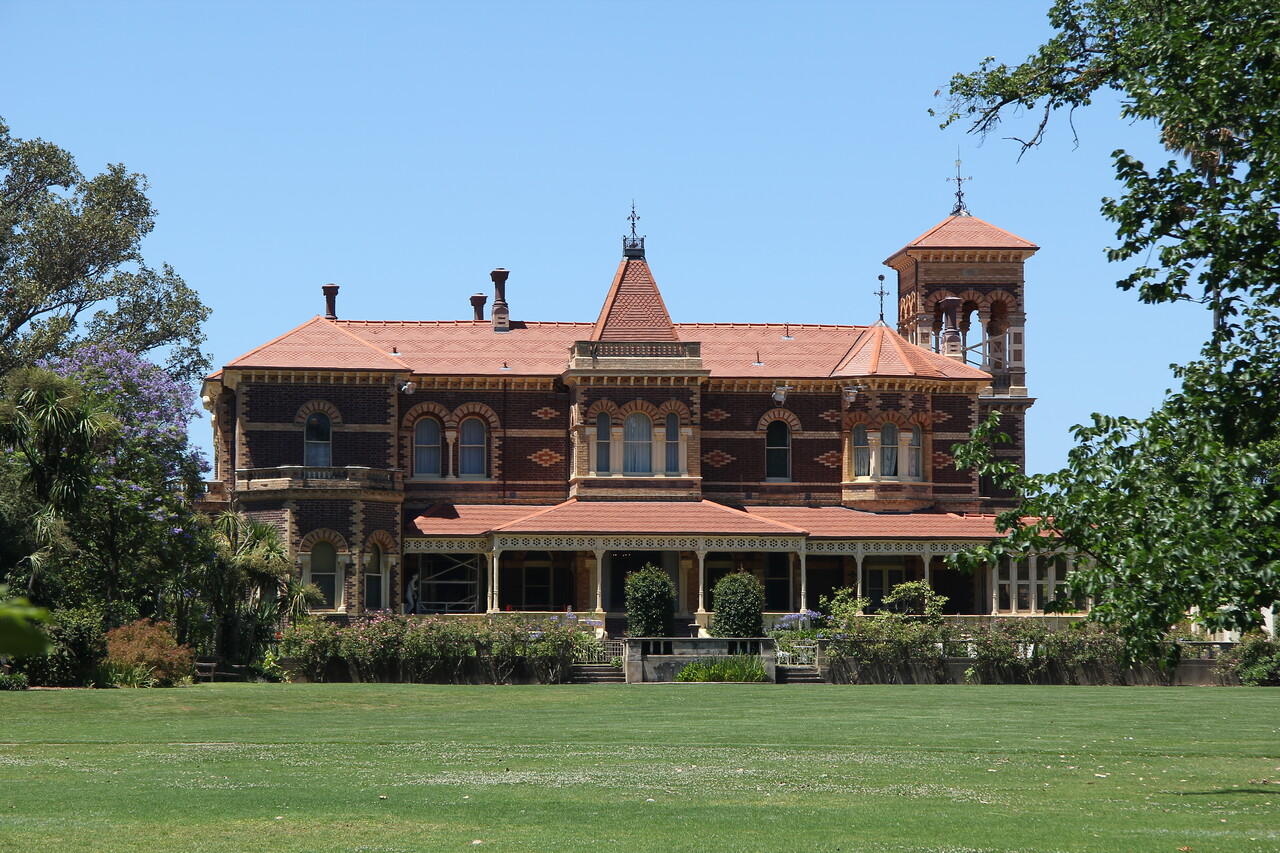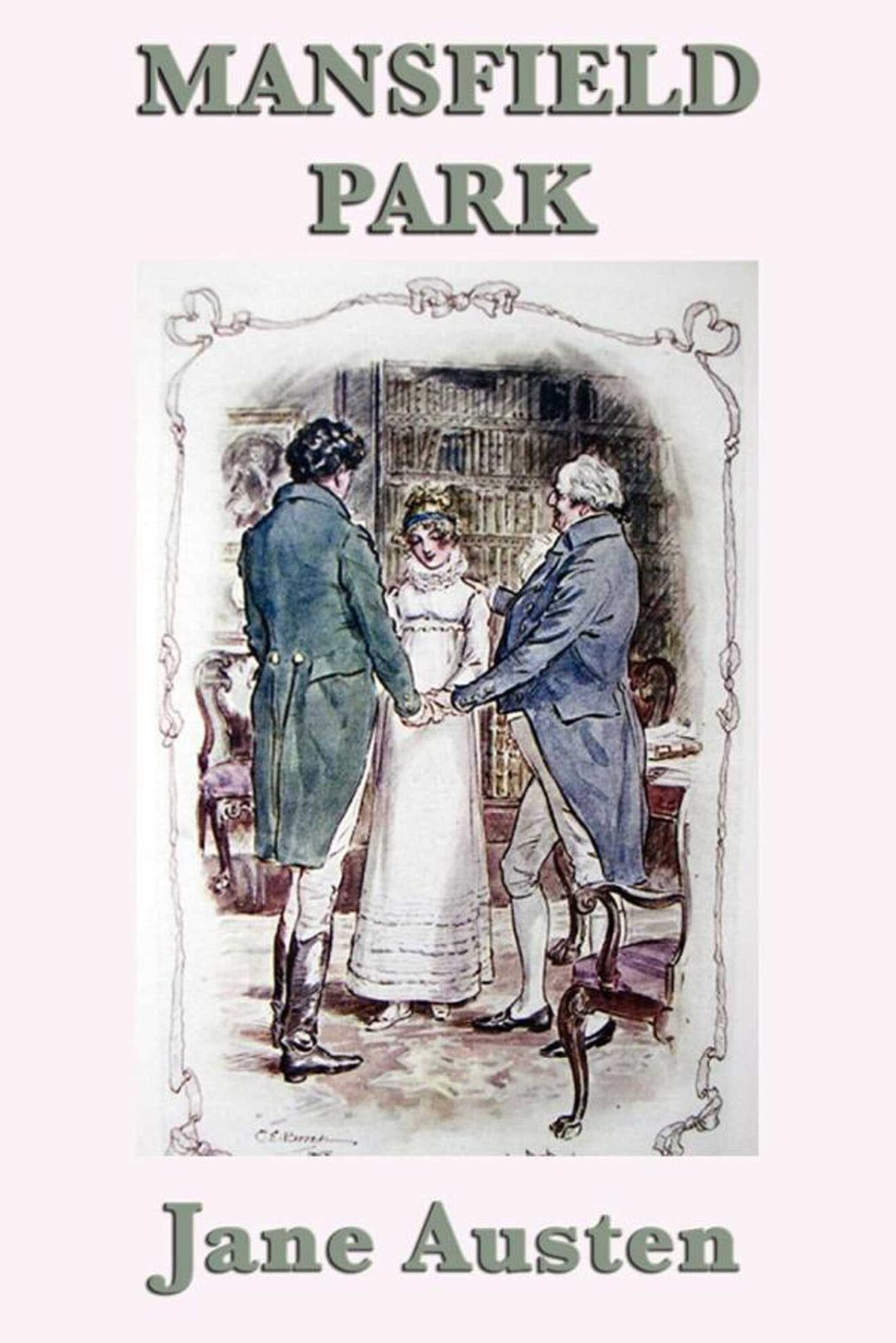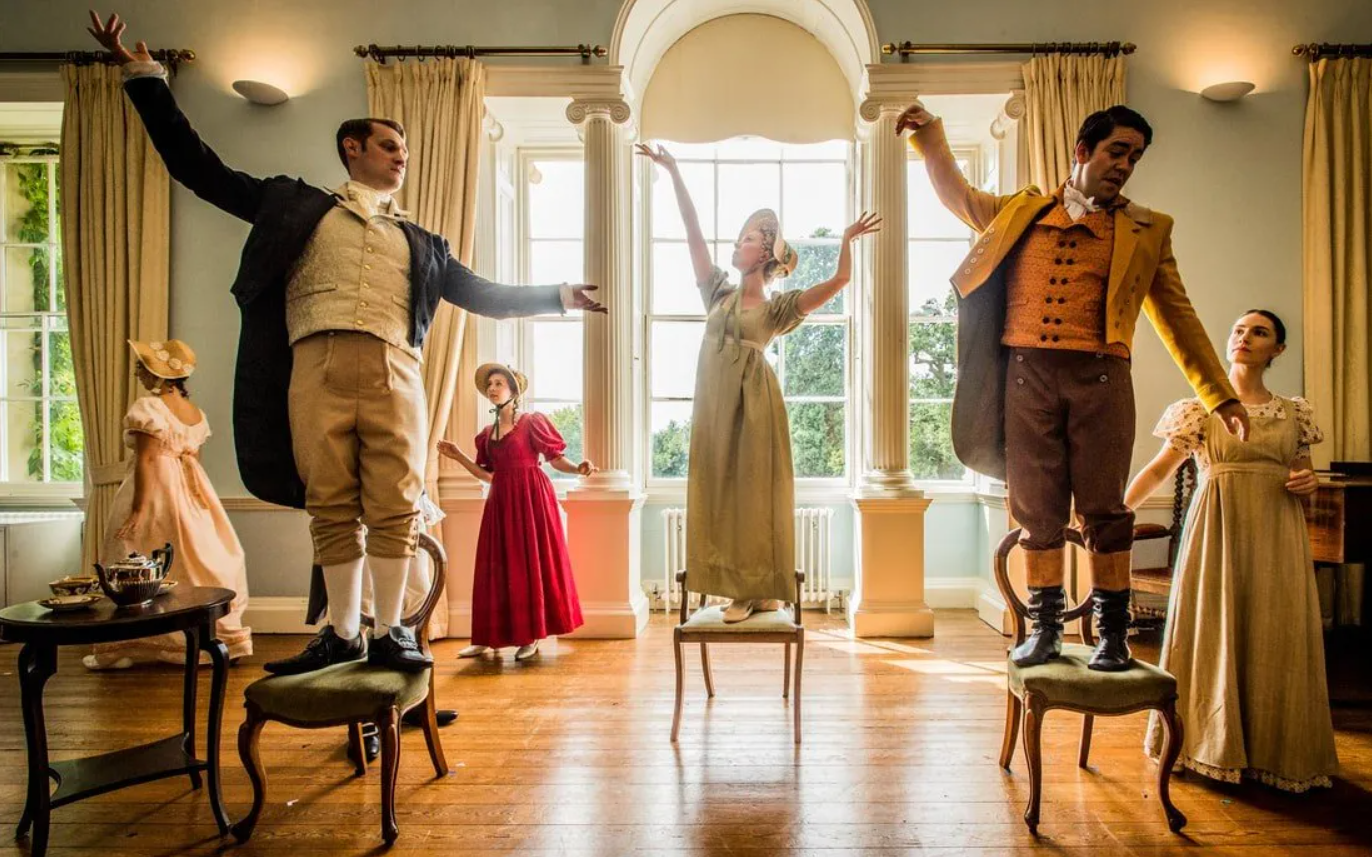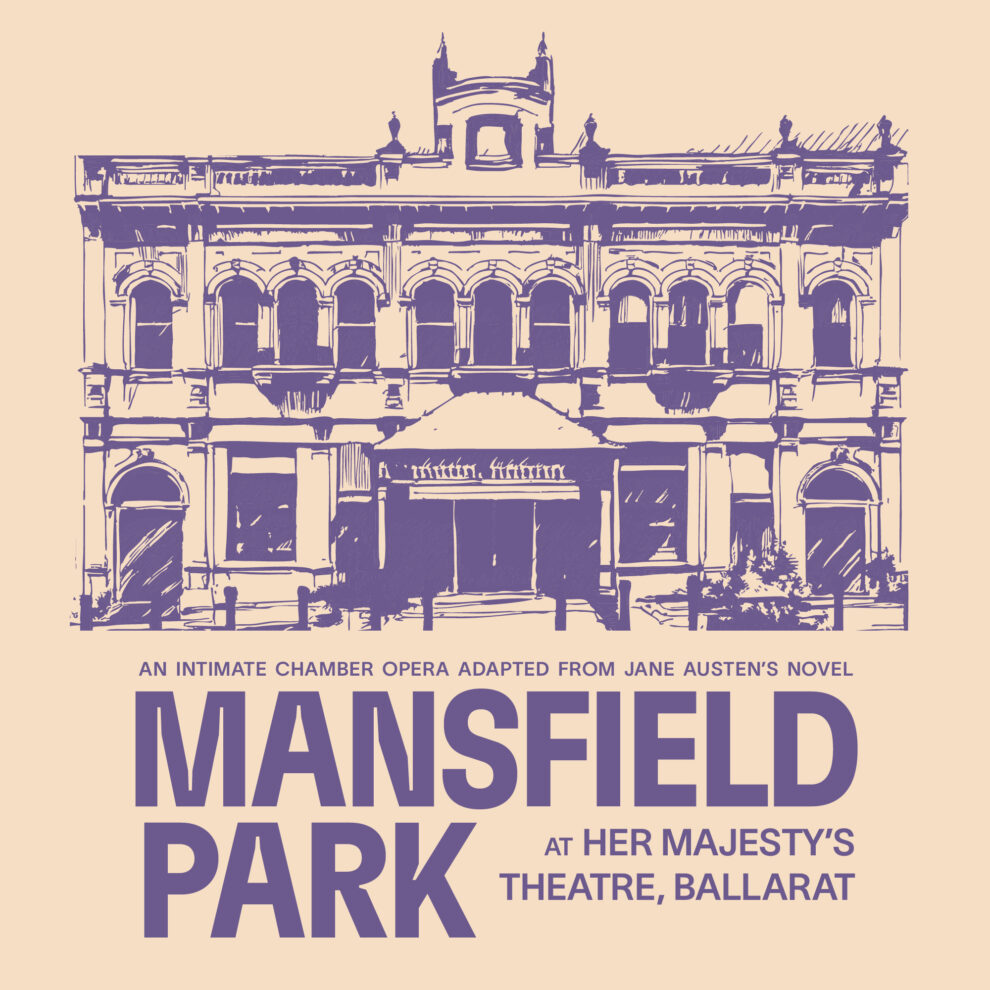
A Jane Austen expert explains why Mansfield Park is perfect for opera
In this guest article by an English literature expert, Gillian Dooley describes why she returns to Jane Austen’s underrated masterpiece time and again.
In 2022, I was invited to an opera of Mansfield Park by Jonathan Dove, to be performed at Boughton House in the UK in July that year. I regretfully had to decline, but I was intrigued. I had often enjoyed singing Dove’s music, and I wondered how he would approach writing an opera based on Austen’s long and extraordinarily complex novel.
I found it striking that Dove had fixed on this novel. It was an unexpected choice, given its famous inwardness and its apparent disapproval of glamour, drama and liveliness. In a 2017 article in the Guardian, Dove wrote:
“When I first read Mansfield Park, I heard music. That doesn’t always happen when I read, and it certainly didn’t happen with Jane Austen’s other novels.”
Now, I don’t go in for favourites, but I’m often asked which Austen novel I like best. I tend to deflect the question by saying that Mansfield Park is the one I come back to most often, because of its particular richness and depth. I’m always discovering more in all of Austen’s novels, but in this one especially.
Mansfield Park is rarely named as anyone’s favourite among Austen’s novels. The main character is Fanny Price, who is possibly Austen’s least popular heroine among her readers.

Fanny is often seen as prim, prudish and lacking in spirit, a striking contrast to the witty and confident Elizabeth Bennet in Pride and Prejudice. I like Elizabeth too, but I don’t think we need to draw invidious comparisons. They are different characters (in different novels) and have been formed by their very different education and circumstances.
Indeed, I find plenty to admire, and to sympathise with, in Fanny Price.
Fanny is a poor relation brought at age 10 to live with her aunt’s family, the Bertrams, at their stately country house, Mansfield Park. She has four cousins, all older: two boys and two girls. There is also another aunt, Mrs Norris, living nearby who is one of Austen’s most odious characters and who makes Fanny’s life a misery with her nagging and her criticism. The only person who bothers to get to know Fanny is her cousin Edmund, who treats her with kindness and respect. Fanny comes to love him deeply, but without hope.
The family lives mainly in the countryside and never seems to visit London. When Fanny is 18, and her cousin Maria has become engaged to a rich but unimpressive young man named Rushworth, Henry and Mary Crawford come from London to live nearby. Rich, worldly and attractive, Henry and Mary dazzle the Bertrams with their wit and sophistication. Fanny is wary of them. Complications ensue when the young people decide to put on a play while the Bertrams’ father, Sir Thomas, is away attending to his estate in Antigua.
Fanny’s disapproval of the family theatricals is another reason for readers’ impatience with her. She is a spoilsport, they say. She doesn’t want anyone to have any fun. But she can foresee the intimacies encouraged by acting in a play and how dangerous they are at this point in the lives of these young people.

She can also see that the lively Mary Crawford, her own antithesis in many ways, is dangerously attractive to her beloved Edmund and that the play will do nothing to discourage this tendency.
Is she wrong?
No spoilers. Read the book, see the opera!
Fanny Price is made of strong stuff. She is no prim self-righteous prig. Dove is quoted in a 2015 article in the Baltimore Sun saying:
“She often appeared to suffer in silence. Her reticence invited the music. Deep feelings, which she could not utter, were seeking expression.”
And what Dove has done, with his brilliant librettist Alasdair Middleton, is put Fanny’s deep, silent feelings at the core of a powerful chamber opera.
When I found out about this opera, I was deep in the process of writing my book She Played and Sang: Jane Austen and Music. Naturally, I wanted to learn as much as I could about the opera. I couldn’t attend the live production in the UK, nor any in the USA or elsewhere (for a modern opera, it has had an extraordinary number of productions). But I found a full production on YouTube, filmed during the height of the pandemic in 2021 by Boston University.
I have got to know the opera well by watching that production, but now I can finally see this wonderful work live in Victoria. I can’t wait!
Gillian Dooley is an Honorary Associate Professor in English literature at Flinders University, South Australia. She enjoys researching links between music and literature and bringing them to life in performance. Her book She Played and Sang: Jane Austen and Music was published in March 2024.
Jonathan Dove’s musical adaptation of Mansfield Park will be performed with four hands on a grand piano in historic houses across Victoria including Rippon Lea Estate, Horti Hall, and Montsalvat. Alternatively, join us for a performance with a chamber orchestra at the iconic Her Majesty’s Theatre Ballarat.
